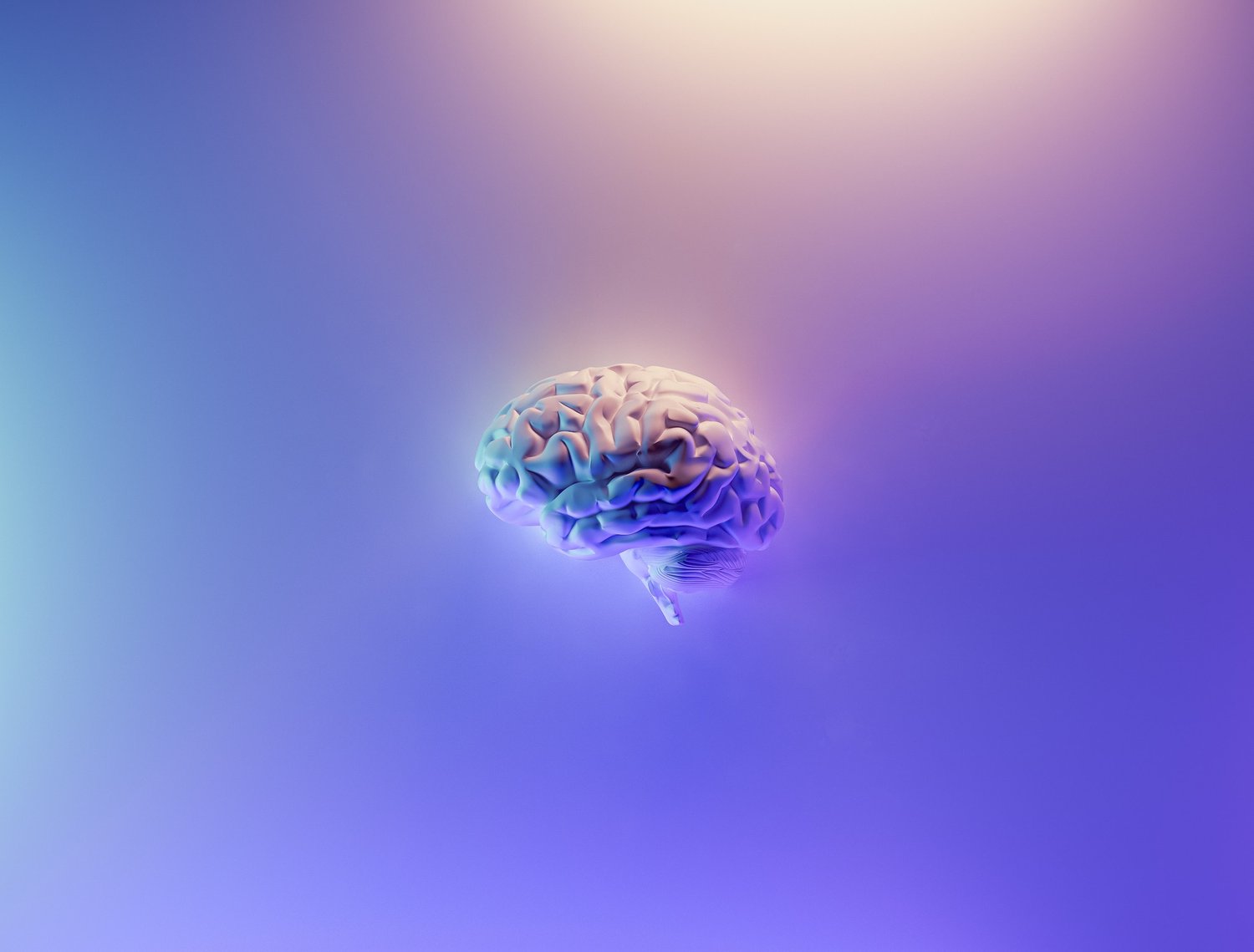
Ketamine has shown promise in the treatment of various mental health disorders, such as depression, anxiety, and OCD. While the full mechanism of how it works is still unknown, researchers have identified some key points to understand its functioning:
-
Ketamine targets the glutamate system: By targeting the glutamate system, which is responsible for communication between brain cells, ketamine specifically acts on the NMDA receptor. This receptor plays a role in learning, memory, and emotion regulation. Chronic stress caused by depression and anxiety can disrupt the glutamate system. Ketamine is believed to “reboot” this system, restoring communication between brain cells.
-
Rapid onset of action: One of the remarkable features of ketamine as an antidepressant is its rapid onset of action. Within hours to days, patients may experience relief from depressive symptoms, unlike traditional antidepressants that take weeks or months to work. For patients with treatment-resistant depression, mood shifts and symptom improvements are typically noticed after the 3rd or 4th treatment, with some immediate relief after the first treatment.
-
Promotes neuroplasticity: Ketamine promotes neuroplasticity, the brain’s ability to reorganize itself and form new connections. This mechanism may explain its long-lasting effects on depression, as it potentially “rewires” the brain in a positive way. Ketamine triggers a cascade of changes in cells attached to the NMDA receptor, leading to the release of brain-derived neurotrophic factor (BDNF). BDNF plays a crucial role in signaling neurons to create new connections and synapses, which is halted under chronic stress.
-
Reduces inflammation: Growing evidence suggests that treatment-resistant depression is linked to chronic inflammation in the brain. The outdated belief that depression is solely regulated by specific neurotransmitters (serotonin, epinephrine, dopamine) is being challenged. Ketamine has anti-inflammatory effects, which may contribute to its antidepressant properties. Since depression is associated with increased inflammation, reducing inflammation could alleviate depressive symptoms. Ketamine targets inflammation in a way that traditional medications cannot, acting as ice to a swollen and inflamed brain, similar to how ice helps reduce swelling in a knee.
-
Further research needed: Although ketamine has shown promise in the treatment of depression and other mental health disorders, it is still a relatively new approach that requires further research. More studies are needed to fully understand its mechanisms of action, long-term effects, and potential risks and benefits.
FAQs
-
Is ketamine safe?
Ketamine is generally safe when given in a controlled medical setting. However, it may have potential side effects and risks. It is essential to consult with a medical professional to determine if ketamine is suitable for you.
-
What conditions can ketamine treat?
Ketamine has shown efficacy in treating depression, anxiety, OCD, and other mental health disorders. Ongoing research is investigating its potential benefits for other conditions as well.
-
How is ketamine administered?
Ketamine can be administered through various routes, including intravenous (IV) infusion, intranasal spray, and sublingual tablets. The appropriate administration method depends on the individual and their specific needs.
-
Is ketamine addictive?
When used therapeutically under medical supervision, ketamine is not typically addictive. However, like any medication, misuse or abuse can lead to dependence. Proper monitoring and adherence to the prescribed treatment plan are crucial.
-
Can ketamine be a long-term treatment?
The long-term use of ketamine for mental health conditions is still being studied. While it may offer prolonged relief for some individuals, further research is needed to determine its safety and effectiveness as a long-term treatment.


